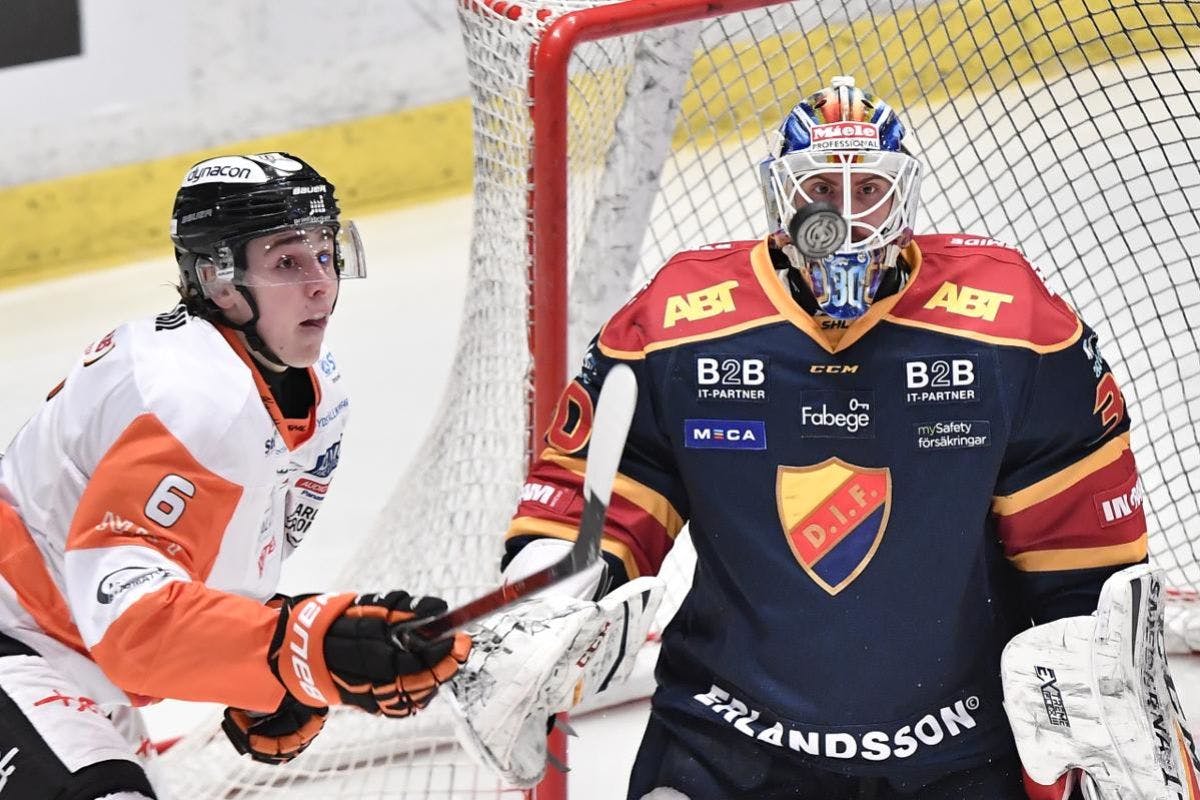2019 Preseason Prospect Rankings: #20 Linus Karlsson
Photo credit: Vetlanda-Posten
Sep 3, 2019, 14:00 EDT
Keep scrolling for the next article
Breaking News
- 4 reasons the Canucks could be sitting on an already-complete trade
- The Farmies: Arshdeep Bains punches Abbotsford through to Calder Cup Finals with two goals in 4-2 win against Texas
- NHL Awards Watch: Did Quinn Hughes do enough to capture back-to-back Norris Trophies?
- Abbotsford Canucks Game Day: Series shifts back home with another crack at advancing to the Calder Cup Final
- Canucks offseason centre trade target: Josh Norris
